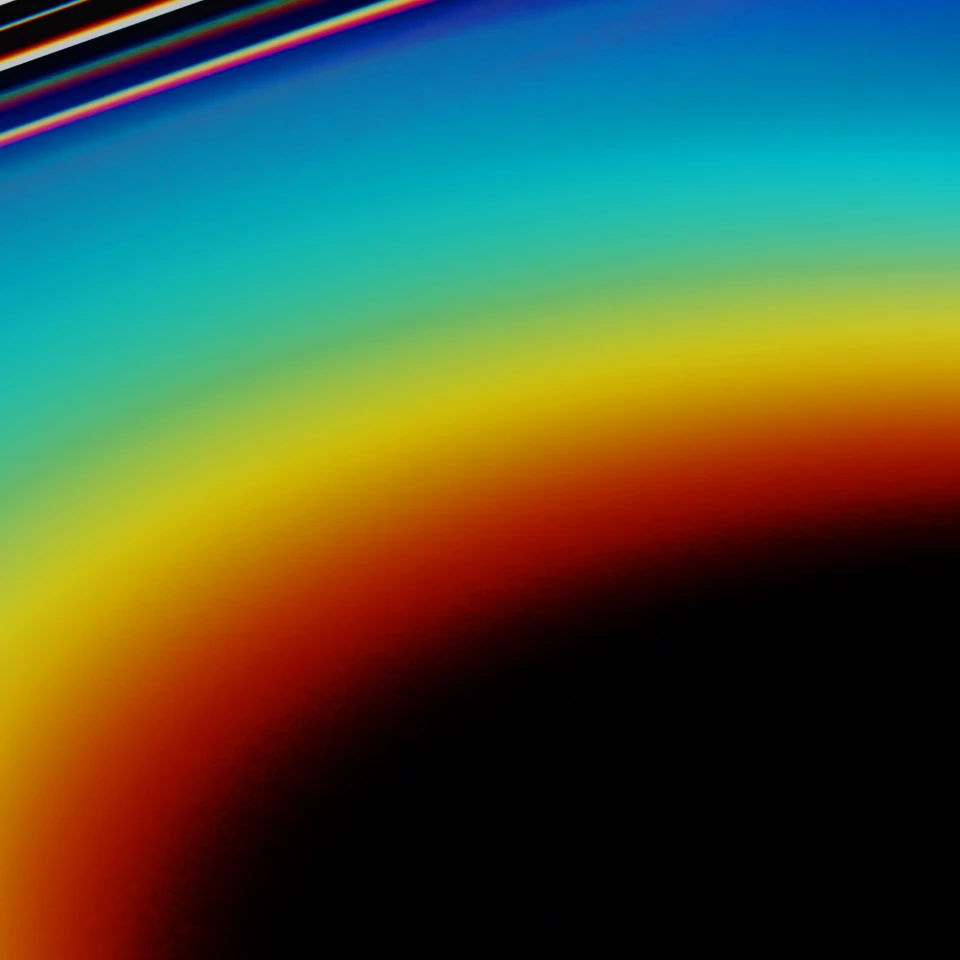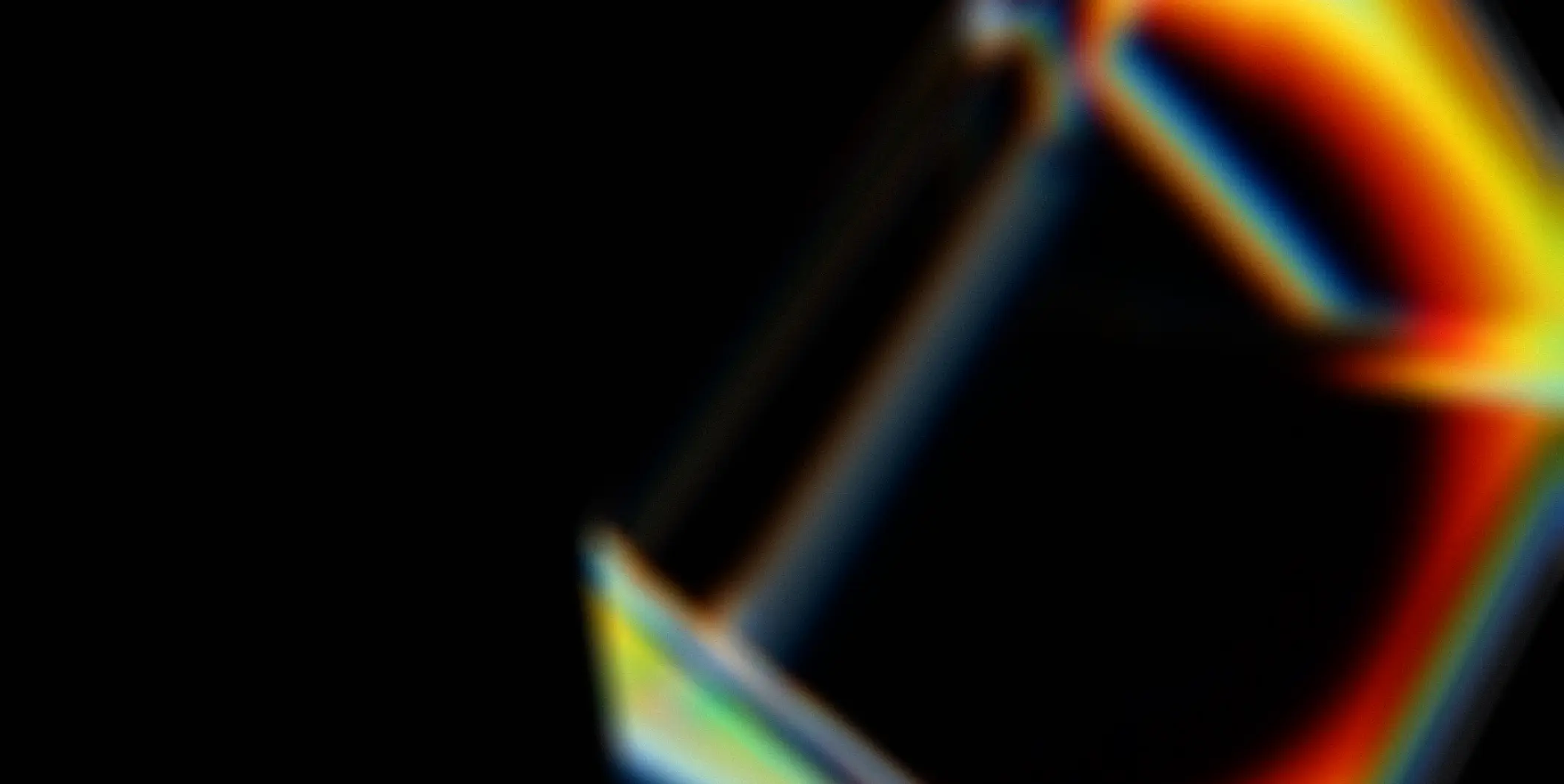Ultrafast Optics
Candela Open Lectures
Welcome to the 4th Candela Open Lecture series for students, PhD candidates, and early-career scientists! The topic of this edition is Ultrafast Optics, and once again the talks (in English) will be delivered by 8 leading specialists in the field, hand-picked by the local chair of this series — Grzegorz Soboń from Wrocław University of Science and Technology.
Participation in these lectures is a unique opportunity to gain knowledge from recognised scientists, learn about the latest developments in ultrafast optics, and network with experts and other participants from all over Poland and Worldwide.
Participation is free of charge. To register, please use this form: https://eu01web.zoom.us/webinar/register/WN_qJWOcO4QRQic7eiqKkYLnw
Chair of the series
-
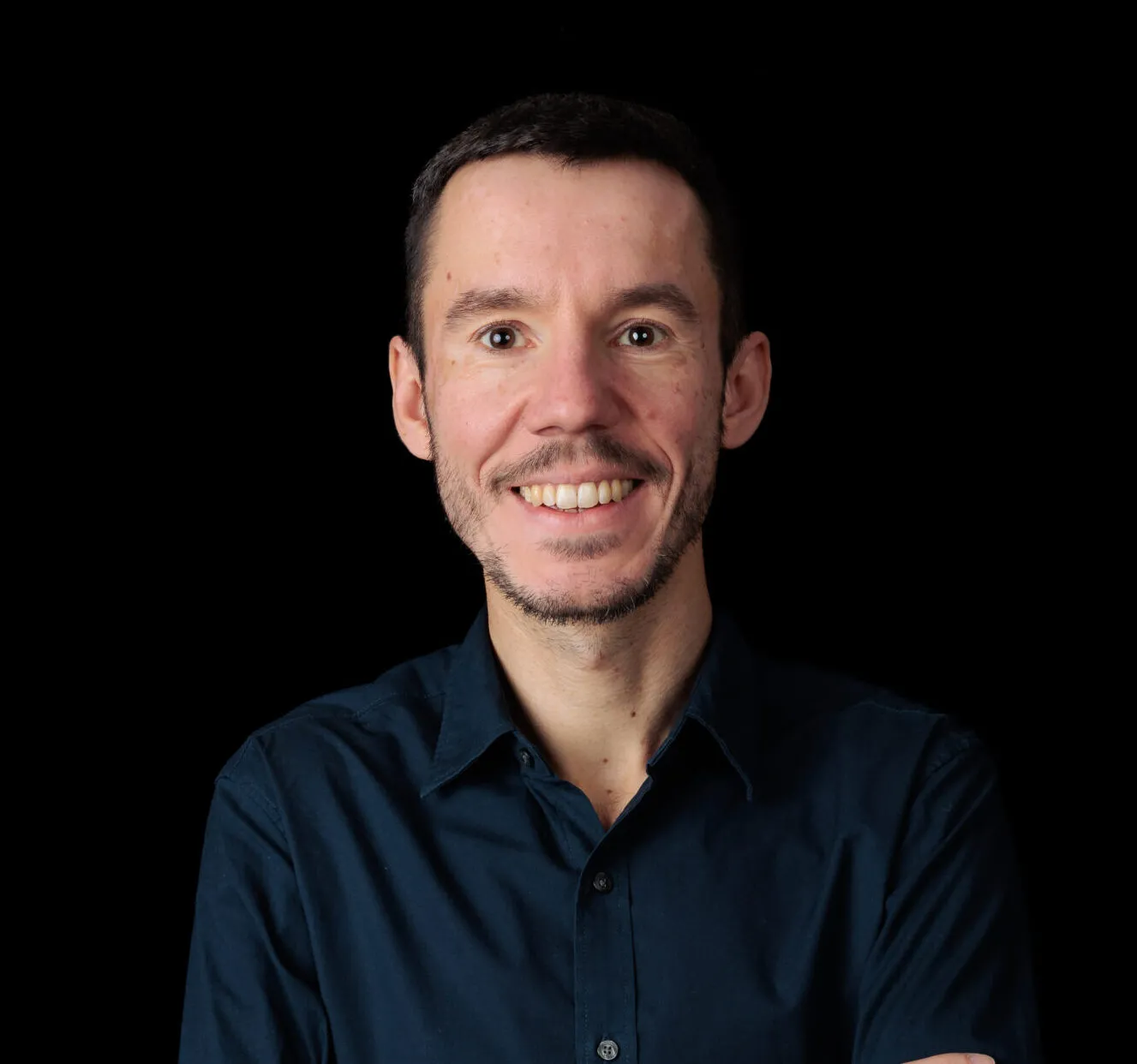
Grzegorz Soboń
Wrocław University of Science and Technology
Speakers
-
Günter Steinmeyer
Max Born Institute, Germany
-

Oliver H. Heckl
University of Vienna
-

Eric Cormier
Laboratoire Photonique, Numérique et Nanosciences IOGS – CNRS – Université de Bordeaux
-
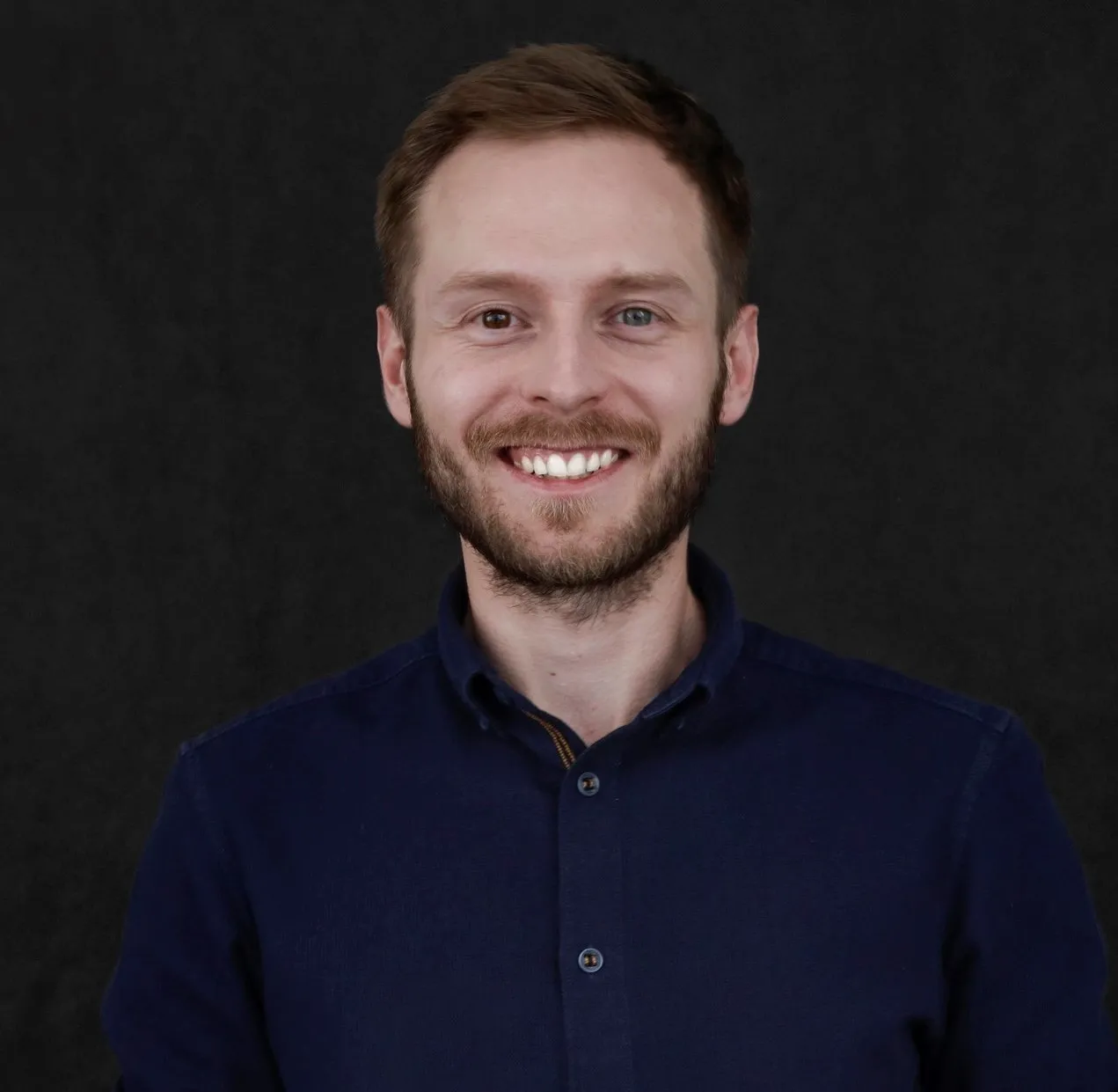
Jakub Bogusławski
Wrocław University of Science and Technology
-
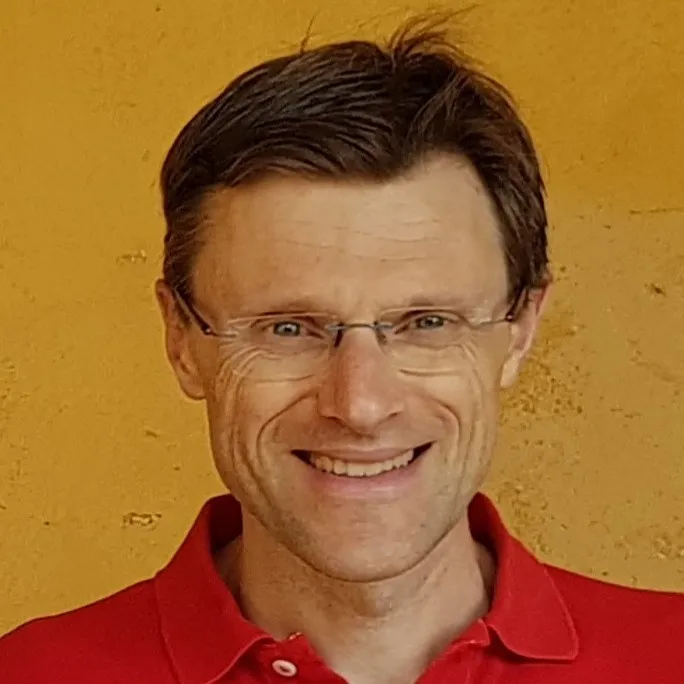
Marco Marangoni
Politecnico di Milano, Italy
-
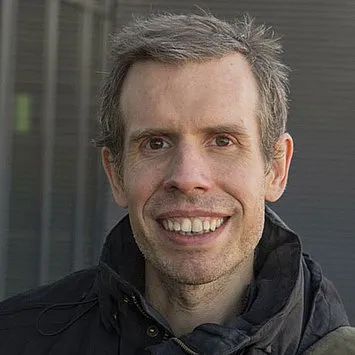
Nick Karpowicz
Max Planck Institute of Quantum Optics
-
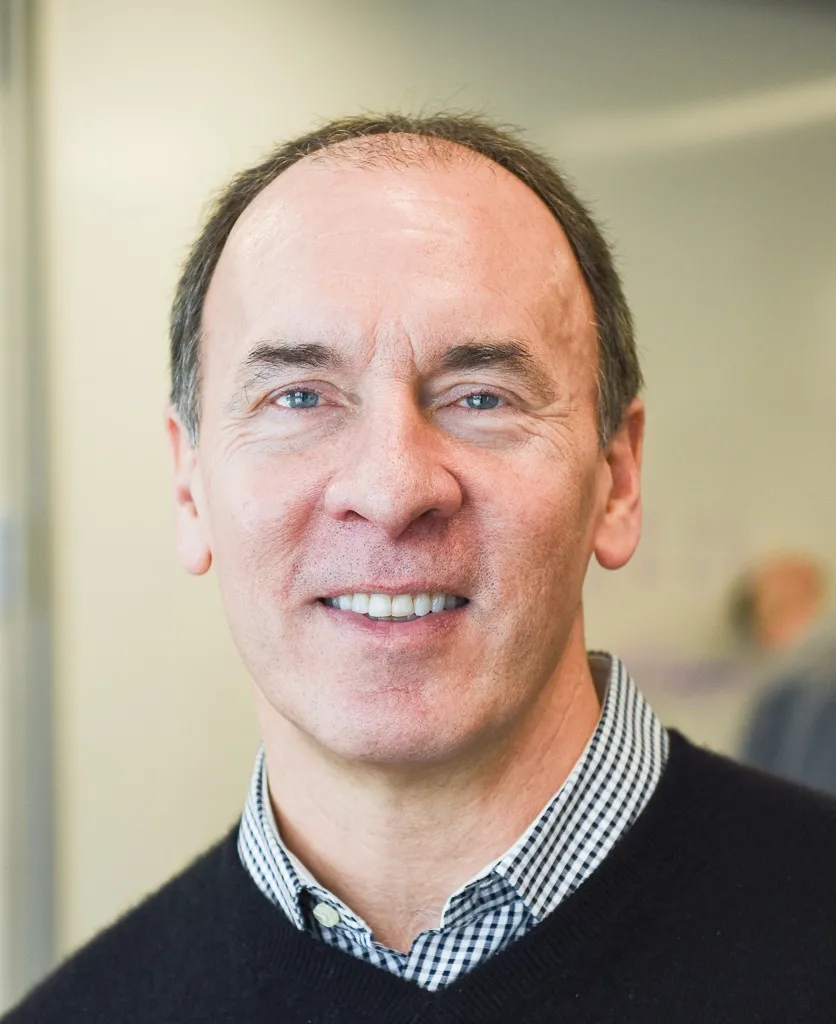
Frank William Wise
Cornell University, USA
-
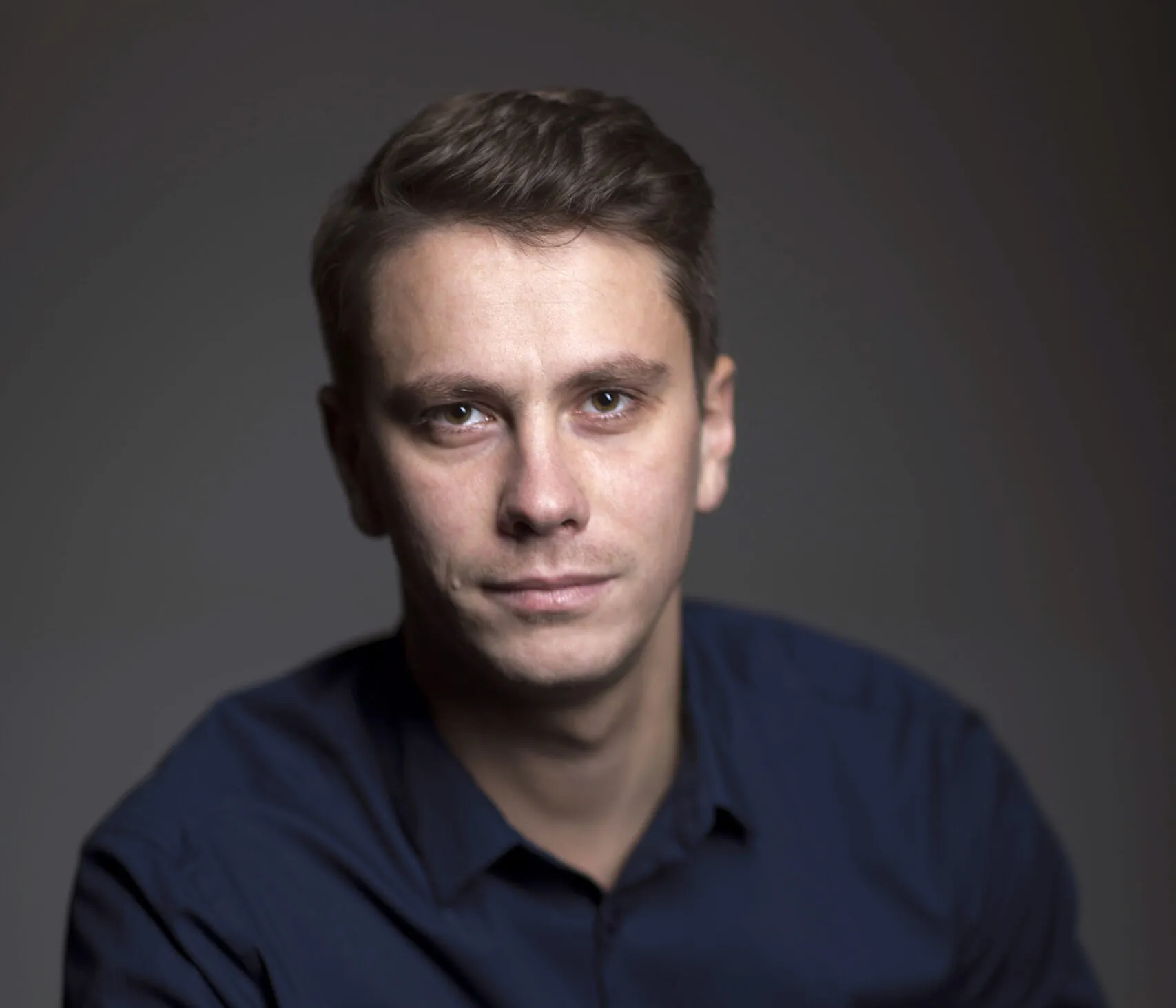
Bogusz Stępak
Fluence Technology, Poland
Speakers
Place and time
Sign up
Lecture topics and speakers
Register here:
FAQ
Files
-
Poster
-
Poster (in Polish) – version for printing
CMYK color space
-
Poster (in Polish) – version for screens
RGB color space
-
Poster (in English) – version for printing
CMYK color space
-
Poster (in English) – version for screens
RGB color space
-
-
GDPR
-
Data processing notice for participants of the Candela Open Lectures
-
